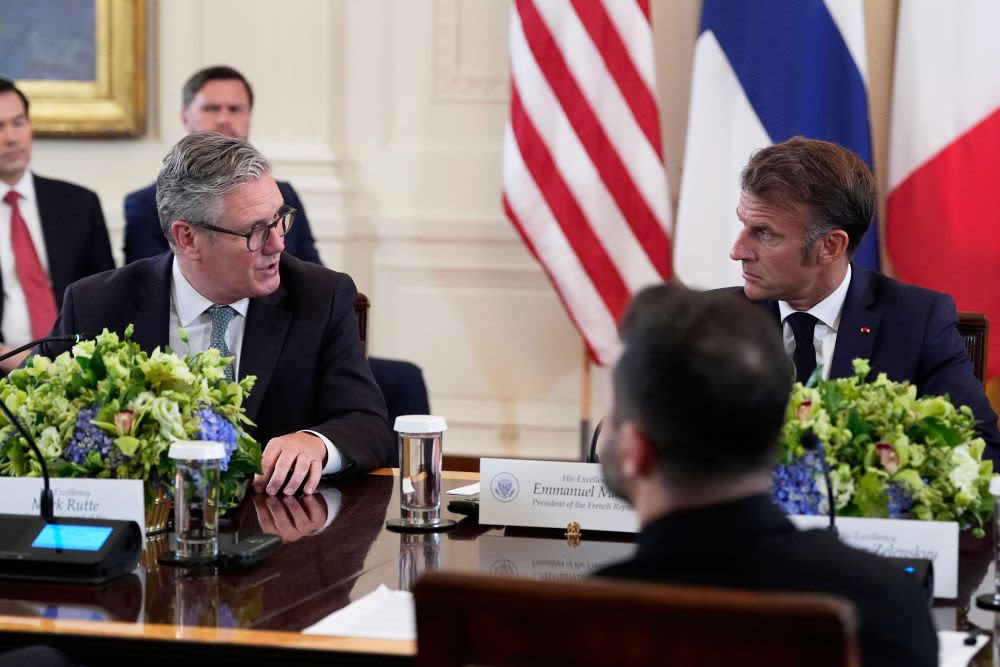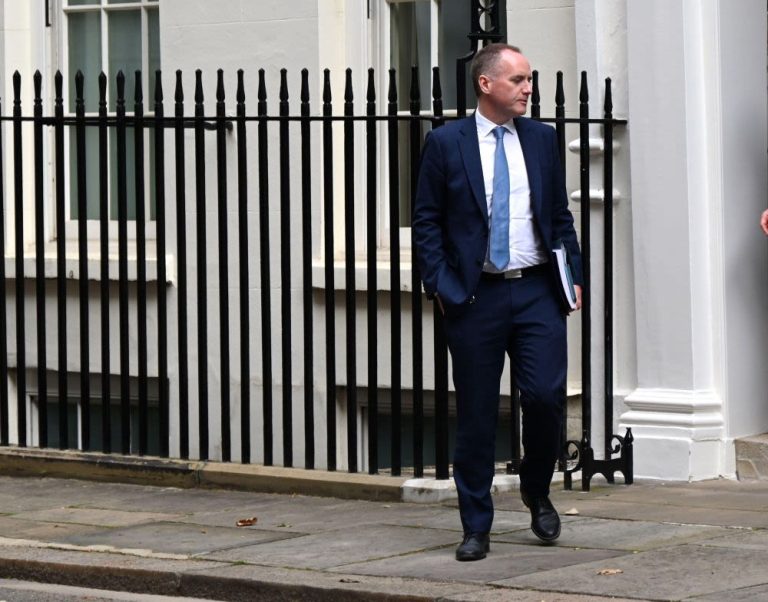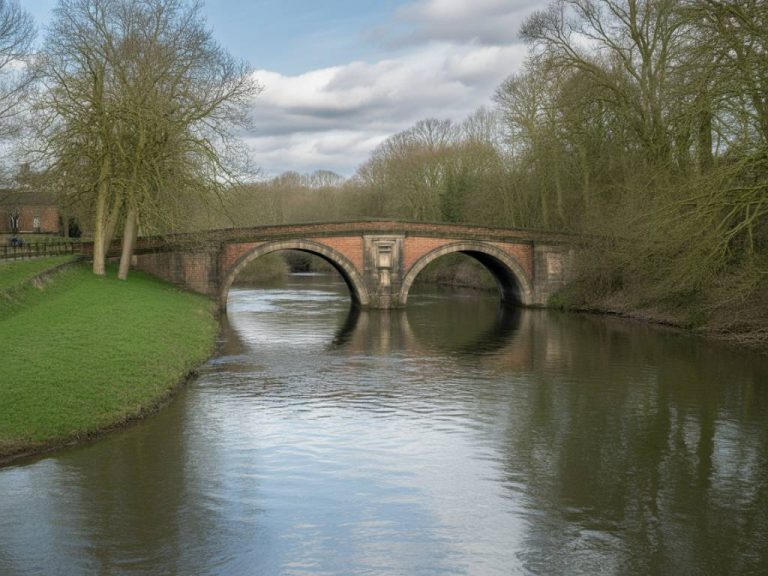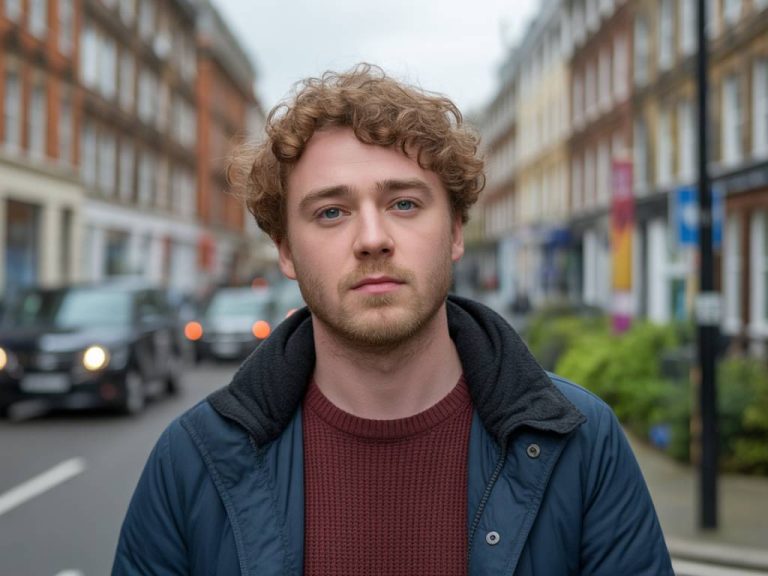
Starmer hails unprecedented Western cohesion
This week, Prime Minister Keir Starmer emphasised a “real sense of unity” among Western leaders as they prepare for fresh discussions on security guarantees for Ukraine. In the wake of President Trump’s recent outreach to Russian President Vladimir Putin, Starmer joined a virtual summit of over 30 nations co-chaired with French President Emmanuel Macron. The meeting marked a crucial step towards crafting robust protection measures for Kyiv, even as the prospect of peace remains delicately balanced.
Who joined the Coalition of the Willing?
Friday’s remote session brought together key figures from Europe’s political spectrum and beyond. Alongside Starmer and Macron were:
- NATO Secretary General Jens Stoltenberg
- European Commission President Ursula von der Leyen
- German Chancellor Friedrich Merz
- Italian Prime Minister Giorgia Meloni
- Finnish Prime Minister Petteri Orpo
Together, they reviewed proposals advanced in Washington, D.C., where Starmer and Macron had earlier conferred with U.S. President Donald Trump and Ukrainian President Volodymyr Zelensky.
Security guarantees: from concept to concrete plans
At the heart of the talks lies the question of how best to shield Ukraine from renewed aggression. During Monday’s White House meeting, President Trump signalled U.S. willingness to provide air support and other military assurances—assets he claims only America can supply. Starmer and Macron used Friday’s video summit to agree on next steps:
- Joint planning sessions between UK and U.S. teams to detail logistics for security guarantees
- Framework for a multinational “reassurance force” ready to deploy if hostilities cease
- Continued coordination on sanctions and economic pressure until Russia reverses its invasion
Downing Street confirmed that Starmer outlined how the newly formed planning groups would meet with their American counterparts over the coming days to refine these proposals.
Increasing pressure on President Putin
Beyond security discussions, the coalition reaffirmed its commitment to maintaining “further pressure” on Vladimir Putin. Leaders stressed that sanctions will intensify until Moscow demonstrates “serious action” to end its illegal war in Ukraine. This consensus signals a willingness to sustain and deepen economic measures if diplomatic channels fail.
The NATO membership dilemma
One of the most sensitive topics remains Ukraine’s future path to NATO accession. President Putin has repeatedly stated that Ukrainian membership in the Western alliance is non-negotiable. Over the weekend, President Trump echoed this stance, declaring “no going into NATO” for Kyiv. However, Downing Street insists there should be “no limitations” on Ukraine’s long-term security arrangements. This divergence highlights the fine line coalition leaders must walk as they seek immediate protection for Ukraine without closing the door on its Euro-Atlantic aspirations.
Sir Tony Radakin’s Washington mission
To translate political commitments into operational reality, the UK’s Chief of the Defence Staff, Sir Tony Radakin, travels to Washington today. His mandate: define what form U.S. air support and other contributions might take and how they integrate with allied land, sea, and air assets. Officials say this military-to-military dialogue is vital for producing a credible, executable plan to deter future Russian advances.
A concealed Zelensky-Putin encounter?
Fueling speculation about potential breakthroughs, President Trump claimed to have “begun the arrangements for a meeting” between President Zelensky and President Putin. Trump suggested this might precede a “trilateral” summit involving all three leaders—a dinner table formula he believes could finally deliver peace. Details remain sketchy, but such high-profile diplomacy could set the stage for inter-governmental talks to follow.
Starmer’s core message to global audiences
Throughout the weekend’s flurry of activity, Starmer’s overriding message has been unity in action. At a time when some question Western resolve, he warned against fragmentation: “Our collective strength lies in shared purpose. A divided front only emboldens aggression.” By co-chairing the coalition meeting, he also signalled Britain’s renewed leadership role in Europe’s security architecture.
What happens next?
In the coming days and weeks:
- UK and U.S. planning teams will finalise the scope and rules of engagement for proposed security guarantees.
- NATO and EU partners will review contributions—financial, logistical, and military—to the reassurance force concept.
- Sanction committees will coordinate new measures targeting Russian financial networks and energy exports.
Meanwhile, back channels are expected to test whether a limited meeting between Zelensky and Putin can indeed break the impasse.
Implications for British foreign policy
Starmer’s active involvement underscores a departure from the UK’s more reserved stance in recent years. By aligning closely with European allies and maintaining an open line to U.S. leadership, Britain positions itself as a bridge-builder—while also ensuring Ukrainian security does not stall due to alliance politics. If this initiative succeeds, it may define Starmer’s tenure as a return to proactive diplomacy on the global stage.
A precarious path to peace
Despite this united front, significant obstacles remain. Russia’s demands for territorial concessions, the broader geopolitics of NATO expansion, and the durability of domestic support in Ukraine all threaten to derail progress. Yet, for now, Western capitals convene with one goal: craft a security blueprint that can hold Ukraine’s frontiers—and perhaps its future—secure against further aggression.





